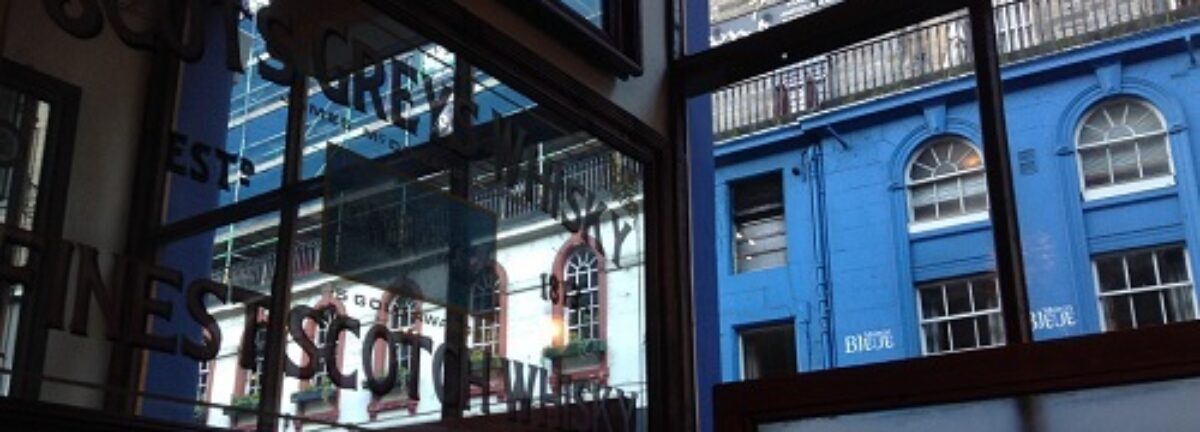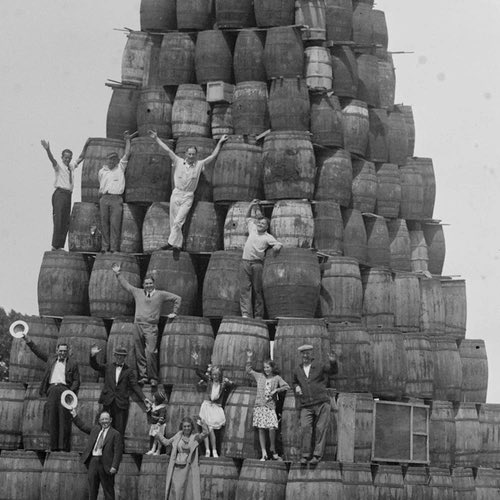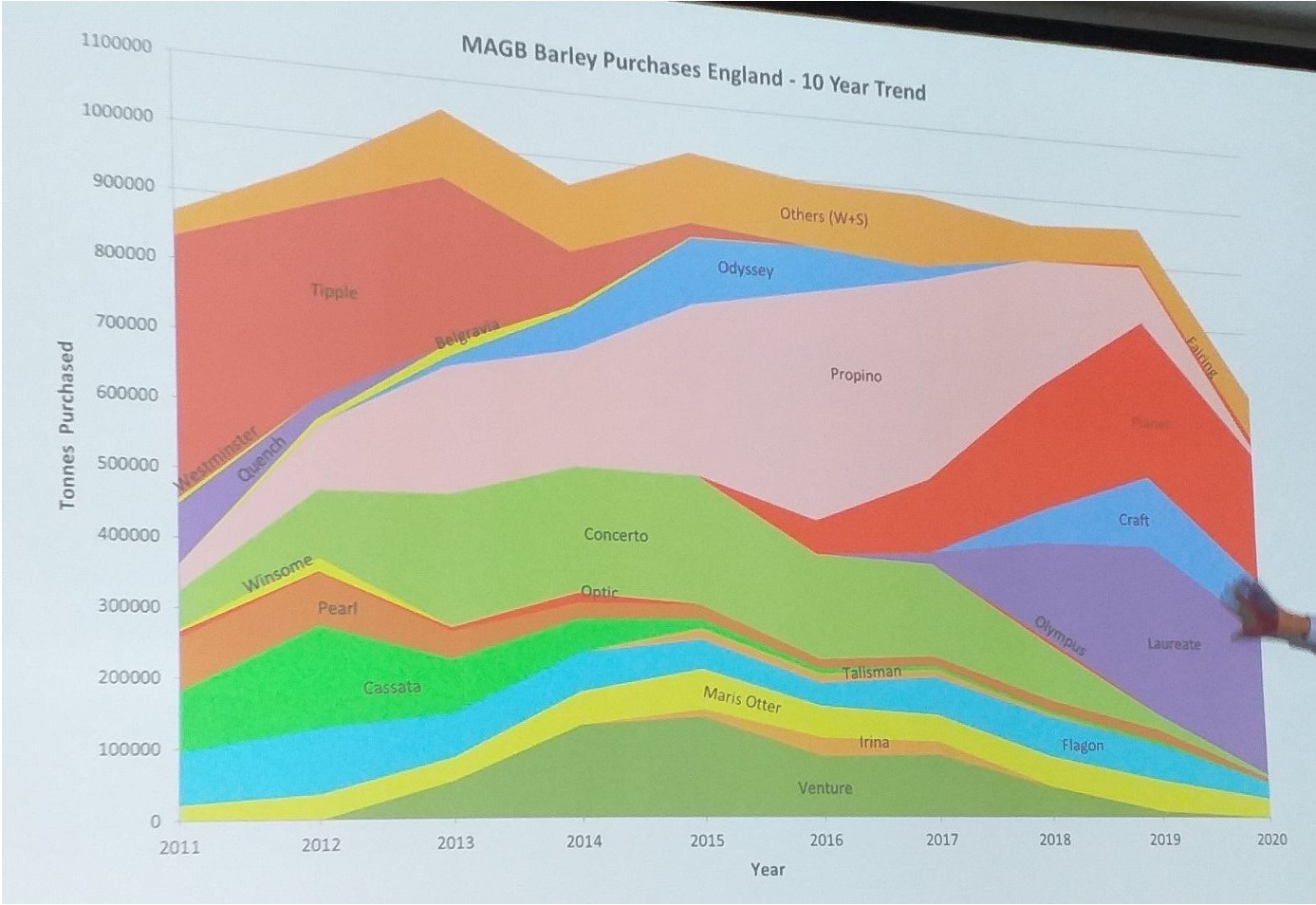 “Of course, you know there are more weeks in summer than that” say all the really boring people. No, that’s it. Soon it is corduroy and scarf season. And you will ask yourself what it was you did with those two last weeks of summer. You know you will. Here in Canada, we are having a national election all of a sudden – or at least now that the coming fourth wave is leaving a very small window for these sorts of things. As the photo above from the PM’s campaign shows once again, you can’t campaign for election in Canada without being seen with a beer. The choice of the can is clever – can’t see how little he’s had.
“Of course, you know there are more weeks in summer than that” say all the really boring people. No, that’s it. Soon it is corduroy and scarf season. And you will ask yourself what it was you did with those two last weeks of summer. You know you will. Here in Canada, we are having a national election all of a sudden – or at least now that the coming fourth wave is leaving a very small window for these sorts of things. As the photo above from the PM’s campaign shows once again, you can’t campaign for election in Canada without being seen with a beer. The choice of the can is clever – can’t see how little he’s had.
First up, Jeffery John linked to a story in The Observer this week asking the question “Can hospitality’s recruitment crisis ever be fixed?” which mentions the twin issues faced by the UK: (i) pulling the visas on much of your hospitality working cohort right before (ii) bumbling and stumbling with the regulation of the hospitality trade all through the biggest pandemic in a century. So people move on and likely should:
In March, former London restaurant manager Sam Orbaum decided that, after three years, he was done with regular restaurant shifts. Previously, he sailed through weeks of long hours but the freedom of furlough prompted the 30-year-old to question that lifestyle and, particularly, the “strain” of stop-start Covid-era reopenings. A lot of the pressure, insists Orbaum, was “self-inflicted. The team [at my employer] were always very, very supportive.” Rather than owners or managers cracking the whip, he observed a tendency among young, ambitious staff to “take on burdens voluntarily”.
Yeah, that sucks. Jeff noted that he “…mothballed the kitchen at my pub and just do drinks and snacks partly because of the chef shortage, but also because as a publican providing a ‘gastropub’ (hate the word) offer is more trouble than it’s worth.” Could it also be that the public has also revisited, reviewed and revised its own needs… and gastropubs didn’t make the list?
What do we need? In Scotland, apparently pubs need beer according to the BBC but they can’t get it because something has run short:
Scottish Hospitality Group spokesman Stephen Montgomery said a broken supply chain for an industry already under pressure following lockdown restrictions was “an utter disaster”. “Piling this stress onto the already existing anxiety of recruitment, the pingdemic, debt and HMRC starting to knock on business owners’ doors, this is beginning to push people over the edge,” he said. The SLTA has raised concerns over a potential shortage of carbon dioxide supplies, three years after the industry – along with others – was hit by a previous CO2 shortage.
[What’s a pingdemic?] While we are at it… you know, it might be good if some brewers could get behind promoting another type of CO2 shortage:
During a routine quality control panel, we identified that some cans have undergone secondary fermentation, causing higher levels of CO2 in the cans which has resulted in higher than normal internal pressure inside the cans. With this increased internal can pressure there is the risk of these cans leaking, coming apart at the seal, or potentially bursting at higher temperatures.
Matty C. asked the question “why add CO2 when cask make the stuff itself?” OK, he didn’t ask this question but recently he went in search of cask in pub and found other questions:
Personally, I’ve really taken a shine to table service and the more relaxed, dare I say more continental approach to service we’re currently being treated to. The reality is however, that many British establishments simply aren’t equipped to operate this way, and will continue to lose revenue until they can trade as normal.
Normal? Nice try. Jordan’s all over you when it comes the coming endy times:
Day 521: Say, listen: Import beer sales were down 39.4% in June. Supply chain on grain from Europe is looking real dodgy. One of the threads I follow suggests that China’s ports are temporarily closed and shortages of goods are likely to be a thing. If you think you’ll need items six months from now? Stuff you know you need? Maybe start thinking ahead in a non-panic kind of way. They may be more expensive later. To quote a deep voiced fellow: things are going to slide in all directions.
That is a strong statement. Perhaps to save the day, locally our prog heroes Rush are making a beer. Perhaps that will save the day… Perhaps…
Interesting trend. Two weeks ago it was InbevABBigThingie saying the money is coming in just fine and now Carlsberg is doing the happy dance:
The world’s third-biggest brewer said beer volumes in key markets China and Russia had risen to “well above” pre-pandemic levels while European markets such as France, Switzerland and Sweden remained below levels achieved before the coronavirus crisis. “While the uncertainty about the remainder of the year continues, we’re satisfied with the strength of the first-half results and the good start to the third quarter,” Chief Executive Cees ’t Hart said in a statement.
Wow. So… is macro winning?
Jeff wrote an ever so slightly hyperventilated piece about the beer known as Pliny the Elder – but perhaps I feel that way as I have never had one. There are two sightings of “important” as well as a “more important” and a “very important” in there but I will defer to Stan who says it is so that is fine.* And at least there is something being written. Even unending newbie identi-guides like this are sorta something. But you know how it is. You point out how little actual writing is going on and people get all uncomfortable and weirded out. Weirded. Out. Don’t be doing that. It is just beer.**
Speaking of which… Stan was active again Monday. I think he is getting almost regularly active on almost every Monday. I hope he is OK. I do like how he was clear on this point about the former brewery known as Sam Adams:
…not caring about Truly, robot waiters and beers from a brewery I don’t patronize is perfectly OK. Climate change is something to pay attention to. Hard seltzer is not a threat to the world our grandchildren will live in.
What I find most amazing in the whole conversation related to the brewery is how Sam Adams continues to get a pass despite its pervy past. But folk don’t care about that either.**
Much more open and honest, Ron published an ever so slightly concerning account of his weekend in that place in Germany where those things fly over the river taking you from this place to that place and back again:
Just around the corner, there’s a little pub. Im Kipchen. Quite a few football fans, but also quite a bot of space right at the back. Mikey goes in search of beer. Weissbier and Alt, as usual. When he gets back, he asks: “Do you fancy a shot?” “No. I’m stopping all of that. It’s unhealthy.” “What? You were knocking back the rum merrily enough this morning.” “Just kidding. Of course I want a shot. Several, in fact.” “You had me worried there for a minute.”
 It all gives pause, doesn’t it. Still, things could be worse, as the image to the right reminded me as it slipped by on the river of social media this week. As the all the grim news this week seems to remind us. Hmm. Best go out and see if there is a tomato or two lurking out there waiting to be found under a lower leaf. As I do, remember there are always updates from Boak and Bailey mostly every Saturday, plus more with the weekly Beer Ladies Podcast, at the weekly OCBG Podcast on Tuesday and sometimes on a Friday posts at The Fizz as well. There is a monthly sort of round up at The Glass. There is more from the DaftAboutCraft podcast, too. And the Beervana podcast. And sign up for Katie’s weekly newsletter, The Gulp, too. And check out the Atlantic Canada Beer Blog‘s weekly roundup. Plus follow the venerable Full Pint podcast. And Fermentation Radio with Emma Inch. The AfroBeerChick podcast as well! And also look at Brewsround and Cabin Fever. And Ben has his own podcast, Beer and Badword – when he isn’t in hiatus as at the mo, more like timeout for rudeness! And remember BeerEdge, too, and The Moon Under Water.
It all gives pause, doesn’t it. Still, things could be worse, as the image to the right reminded me as it slipped by on the river of social media this week. As the all the grim news this week seems to remind us. Hmm. Best go out and see if there is a tomato or two lurking out there waiting to be found under a lower leaf. As I do, remember there are always updates from Boak and Bailey mostly every Saturday, plus more with the weekly Beer Ladies Podcast, at the weekly OCBG Podcast on Tuesday and sometimes on a Friday posts at The Fizz as well. There is a monthly sort of round up at The Glass. There is more from the DaftAboutCraft podcast, too. And the Beervana podcast. And sign up for Katie’s weekly newsletter, The Gulp, too. And check out the Atlantic Canada Beer Blog‘s weekly roundup. Plus follow the venerable Full Pint podcast. And Fermentation Radio with Emma Inch. The AfroBeerChick podcast as well! And also look at Brewsround and Cabin Fever. And Ben has his own podcast, Beer and Badword – when he isn’t in hiatus as at the mo, more like timeout for rudeness! And remember BeerEdge, too, and The Moon Under Water.
*Unlike this very ungentlemanly comment in, you know, the comments: “Just reading about this swill gives me a headache. Ugh… When will the IPA trend end?” That’s a bit much.
**“But these are my friends on the internets you speak of?!?! My internet friends?!?!??!” BTW good luck with the quality of the entries this year. I’d have more confidence if the word “prorated” was used correctly. And, yes, I meant to drive two **’s to the one footnote…














